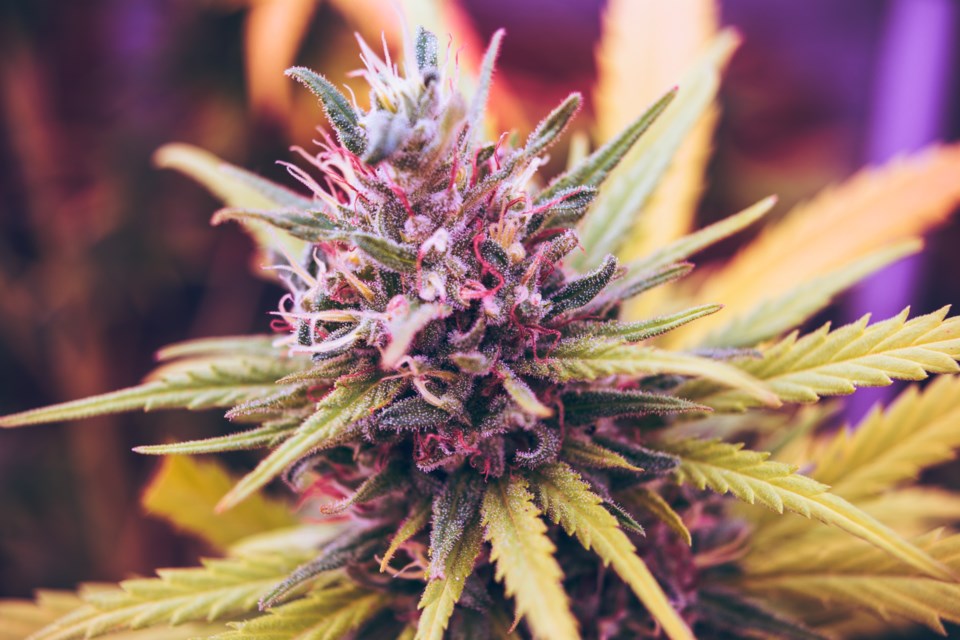When cannabis sales began last October, it didn’t take long for the shelves to empty and for those entrepreneurs who had bought into the legal cannabis industry, and invested into the space, regulatory training and marketing materials, to be left with bills coming in and no product to sell.
Meanwhile, Statistics Canada estimates that the cannabis black market still holds a 52 per cent market share and there’s a good reason why. It is still far less expensive, going for $6.51 per gram on average versus the $9.70 that the legal stuff runs. Of course, dealers sell marijuana without a storefront, regulations and regular staff, so they can afford to charge much less.
Without really providing any concrete solution, Prime Minister Justin Trudeau has promised that the production shortage will be resolved by next year. Even if the manufacturing issue is resolved in that time frame (we are left to assume that it might be in the same way that the budget miraculously balances itself), that’s a long time for those shop owners who have bought into the business to wait. They are already fighting an uphill battle when it comes to competing on price and now keeping their shelves stocked means they likely won’t see any return on the money they’ve invested any time soon.
Some retailers are even watching wholesale stock from one production facility in Alberta 24/7 and scooping up whatever becomes available in minutes.
In Ontario, where the cannabis shortage is most pronounced, retailers allowed to legally sell the drug were initially selected by a lottery system. Only 25 out of the 17,320 applicants were chosen. At the same time, Canadians are being bombarded with ads about the benefits of investing in pot, with the marijuana companies being billed as the “next Amazon,” and a secondary industry is already being created around it.
The problem is, we have not seen that this is actually an industry that can deliver. Yes, there were some Canadians who may not have smoked pot previously to legalization, and who now have become converted users, but if the legal industry doesn’t get its act together fast the only thing they may have done is create more customers for the black market.
Ada Slivinski is the Founder & Principal of Jam PR, a boutique agency focused on helping small businesses get big exposure. You can reach her at [email protected]



